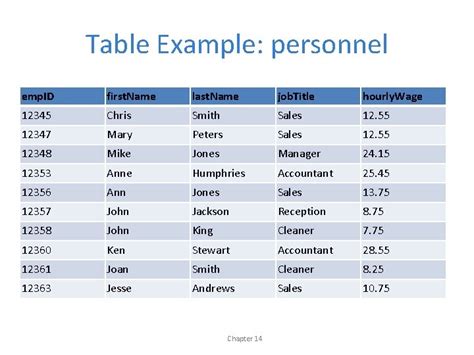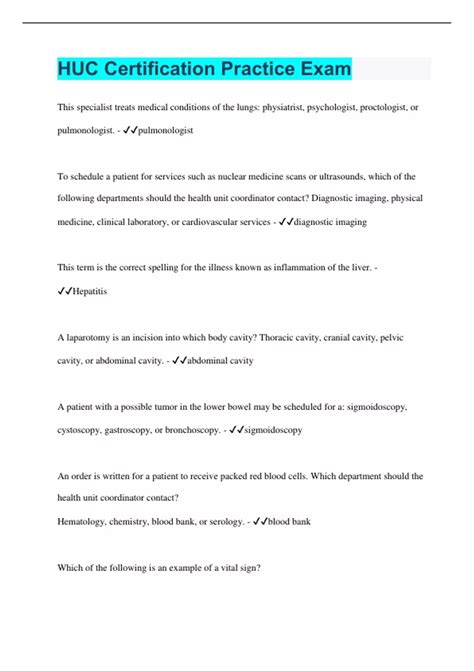Intro
Health Unit Coordinators (HUCs) play a vital role in the healthcare industry, ensuring the smooth operation of hospitals, clinics, and other healthcare facilities. As the demand for HUCs continues to grow, many individuals are curious about the compensation packages for these professionals. In this article, we will explore the various ways Health Unit Coordinators get paid, highlighting the different factors that influence their salaries and benefits.

Hourly Wage vs. Annual Salary
Health Unit Coordinators can be paid either an hourly wage or an annual salary, depending on the employer, location, and level of experience. According to the Bureau of Labor Statistics (BLS), the median hourly wage for HUCs in the United States was $22.41 in May 2020. However, salaries can vary significantly depending on the specific job title, industry, and geographic location.
For example, HUCs working in hospitals tend to earn higher salaries than those working in clinics or nursing homes. Additionally, HUCs with specialized skills, such as electronic medical records (EMRs) or medical transcription, may command higher hourly wages or annual salaries.

Shift Differentials and Overtime Pay
Many Health Unit Coordinators work irregular schedules, including night shifts, weekends, and holidays. To compensate for these non-traditional hours, employers often offer shift differentials, which can range from 5% to 20% of the HUC's base salary.
In addition to shift differentials, HUCs may also be eligible for overtime pay, which can significantly increase their take-home pay. According to the Fair Labor Standards Act (FLSA), employers must pay overtime wages to non-exempt employees who work more than 40 hours in a workweek.

Benefits and Bonuses
In addition to their base salary, Health Unit Coordinators often receive a range of benefits, including:
- Health insurance
- Paid time off (vacation, sick leave, holidays)
- Retirement plans (401(k), pension)
- Life insurance
- Disability insurance
Some employers may also offer bonuses or incentives to HUCs who meet specific performance targets, such as improving patient satisfaction scores or reducing medical errors.

Specialized Certifications and Education
Health Unit Coordinators who obtain specialized certifications or education may be eligible for higher salaries or benefits. For example, HUCs who become certified in EMRs or medical transcription may earn higher hourly wages or annual salaries.
Additionally, HUCs who pursue higher education, such as an associate's or bachelor's degree, may be eligible for promotions or leadership roles, which can result in higher salaries and benefits.

Location and Industry
Health Unit Coordinators who work in urban areas or specialized industries, such as pediatrics or oncology, may earn higher salaries or benefits than those working in rural areas or general medical-surgical units.
For example, HUCs working in hospitals in major cities, such as New York or Los Angeles, may earn higher salaries than those working in smaller hospitals or clinics in rural areas.

As we conclude this article, we hope you have gained a better understanding of the various ways Health Unit Coordinators get paid. From hourly wages to annual salaries, benefits, and bonuses, HUCs have numerous opportunities to earn a competitive income. We encourage you to share your thoughts and experiences in the comments section below.
What is the average salary for a Health Unit Coordinator?
+The average salary for a Health Unit Coordinator varies depending on the location, employer, and level of experience. However, according to the Bureau of Labor Statistics (BLS), the median annual salary for HUCs in the United States was $49,610 in May 2020.
Do Health Unit Coordinators receive benefits?
+Yes, many employers offer benefits to Health Unit Coordinators, including health insurance, paid time off, retirement plans, life insurance, and disability insurance.
Can Health Unit Coordinators earn overtime pay?
+Yes, Health Unit Coordinators may be eligible for overtime pay if they work more than 40 hours in a workweek. According to the Fair Labor Standards Act (FLSA), employers must pay overtime wages to non-exempt employees who work more than 40 hours in a workweek.
